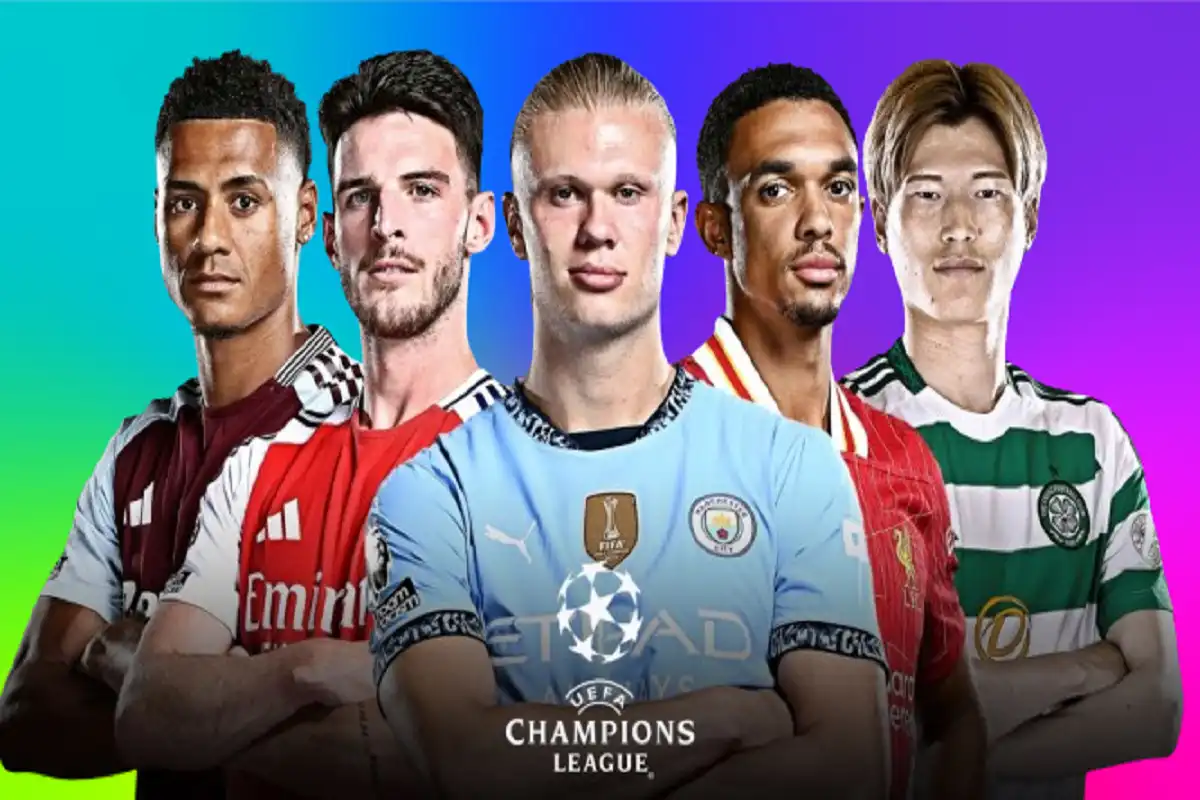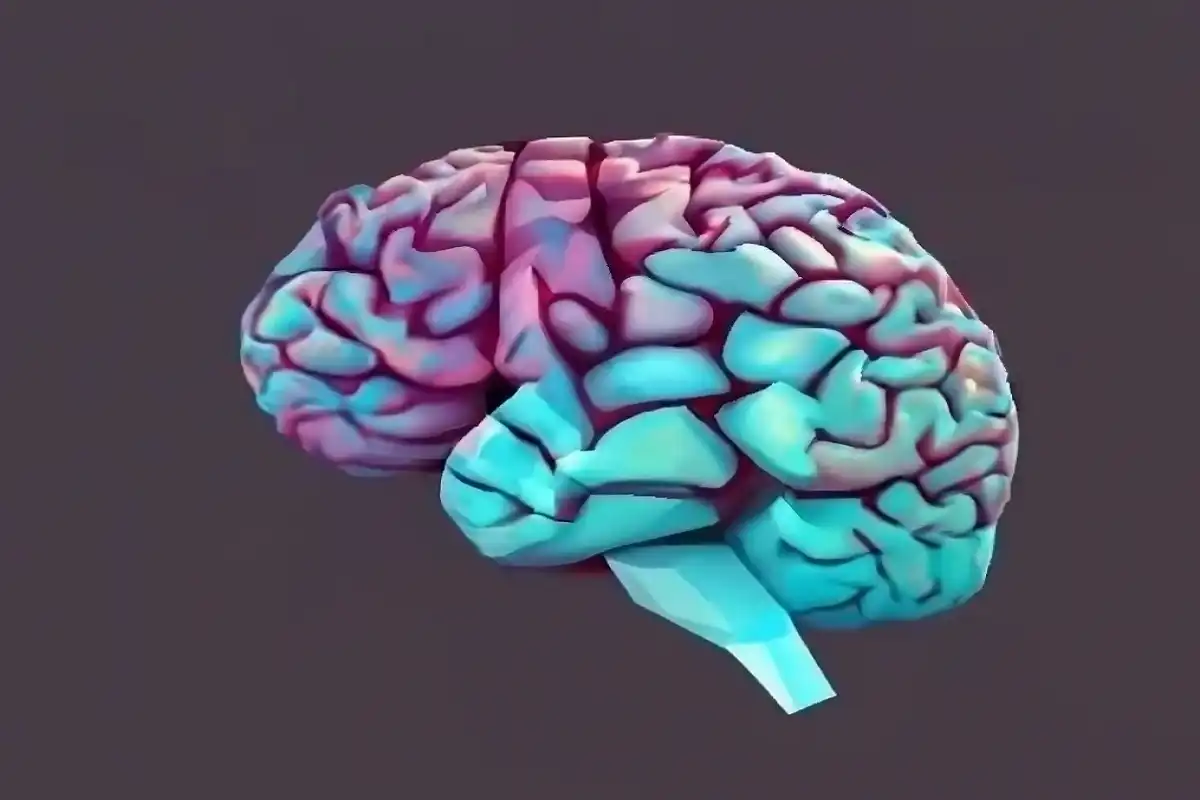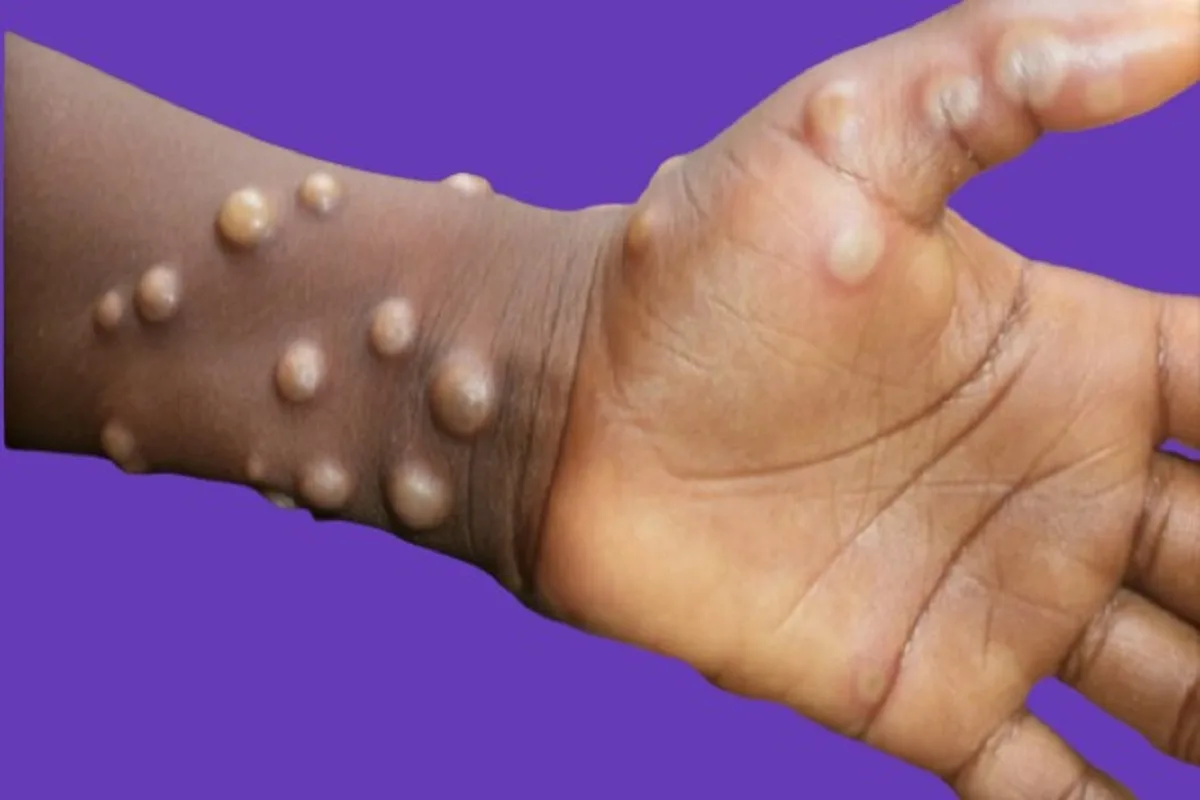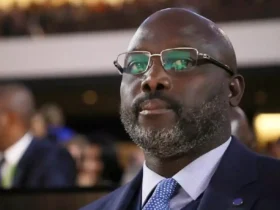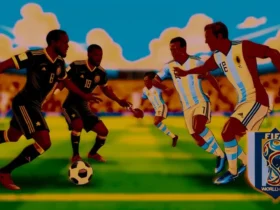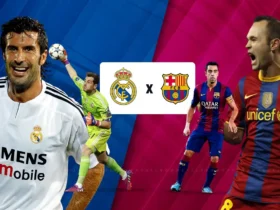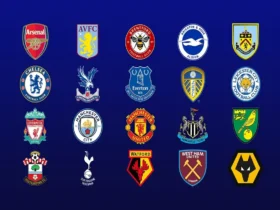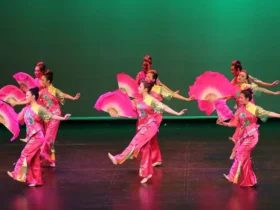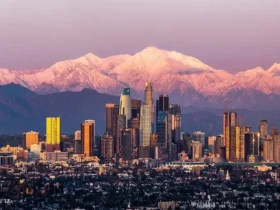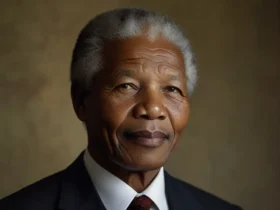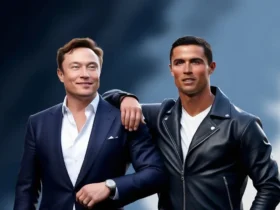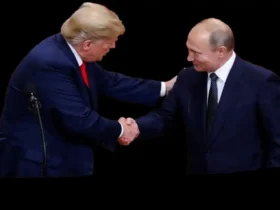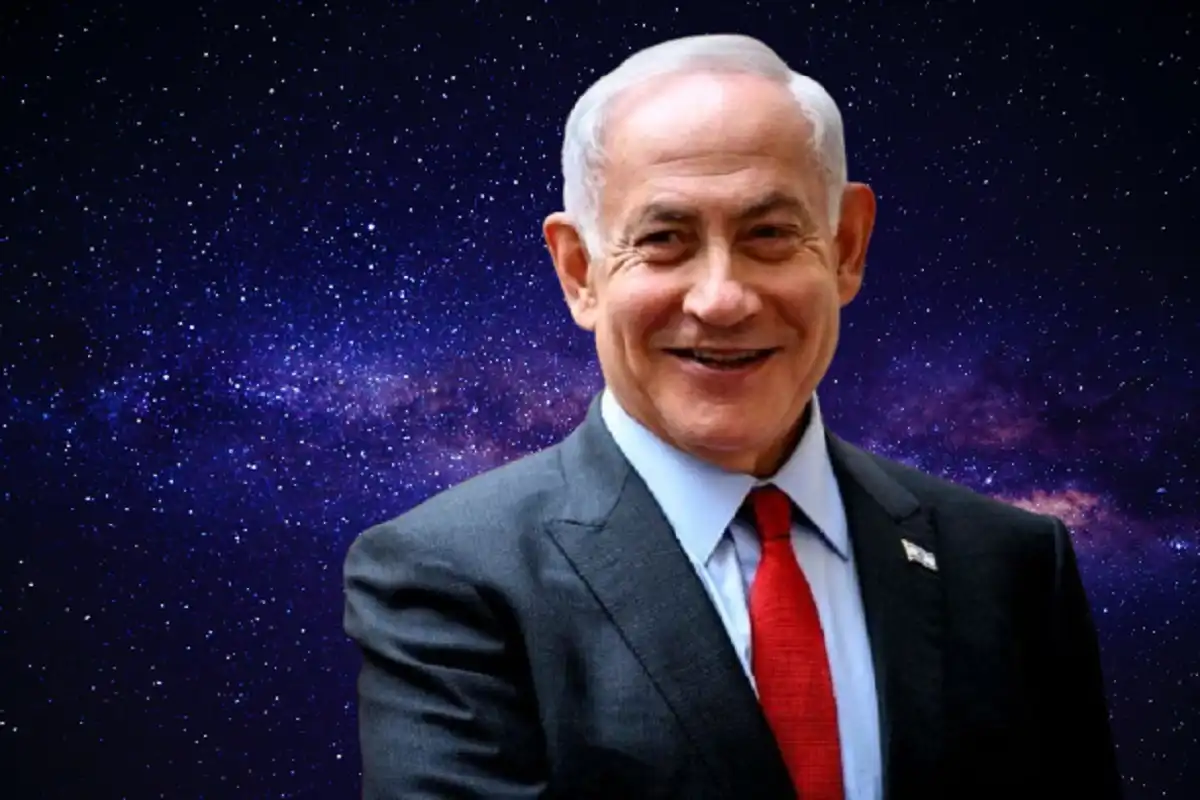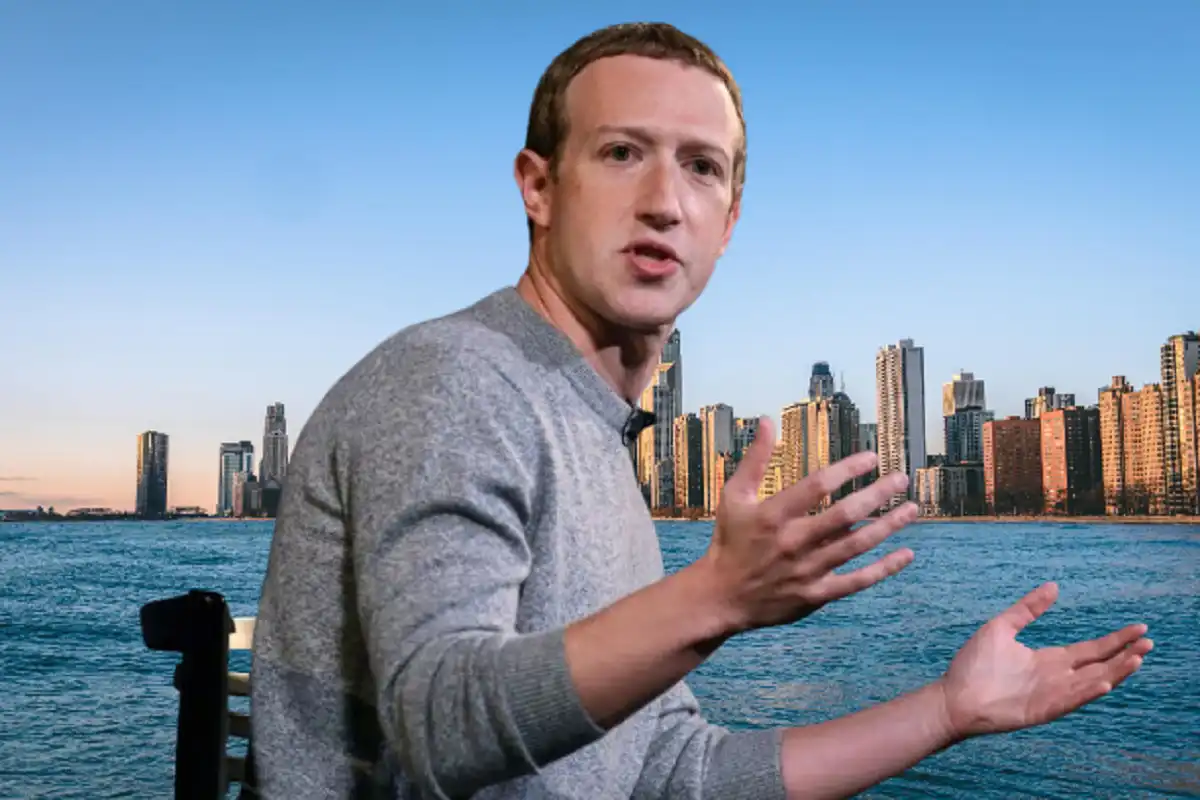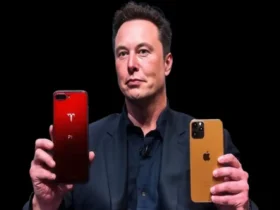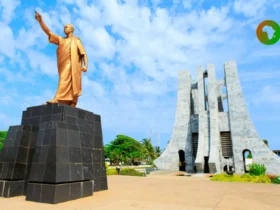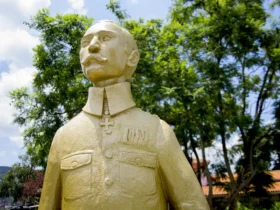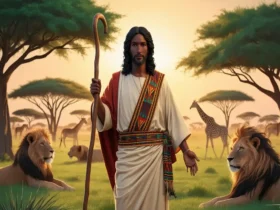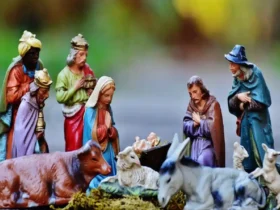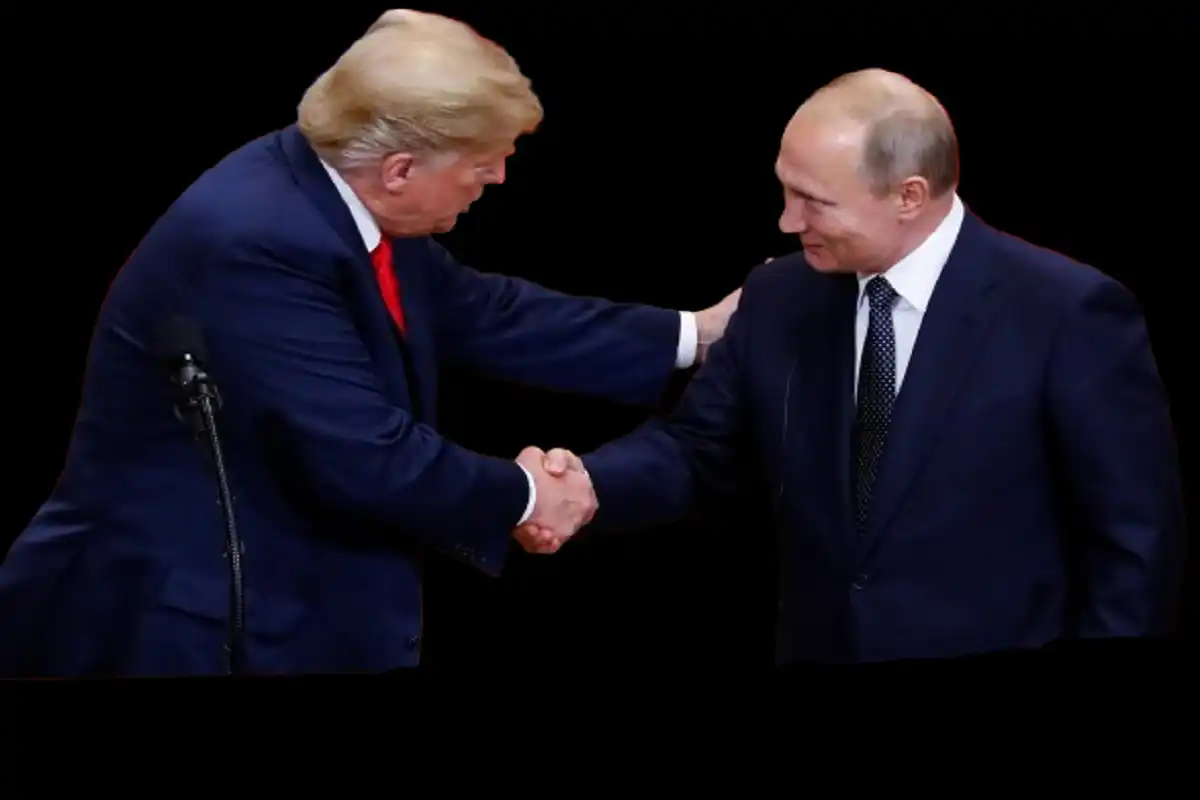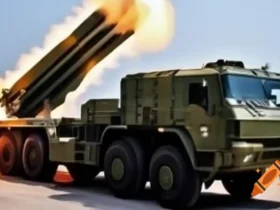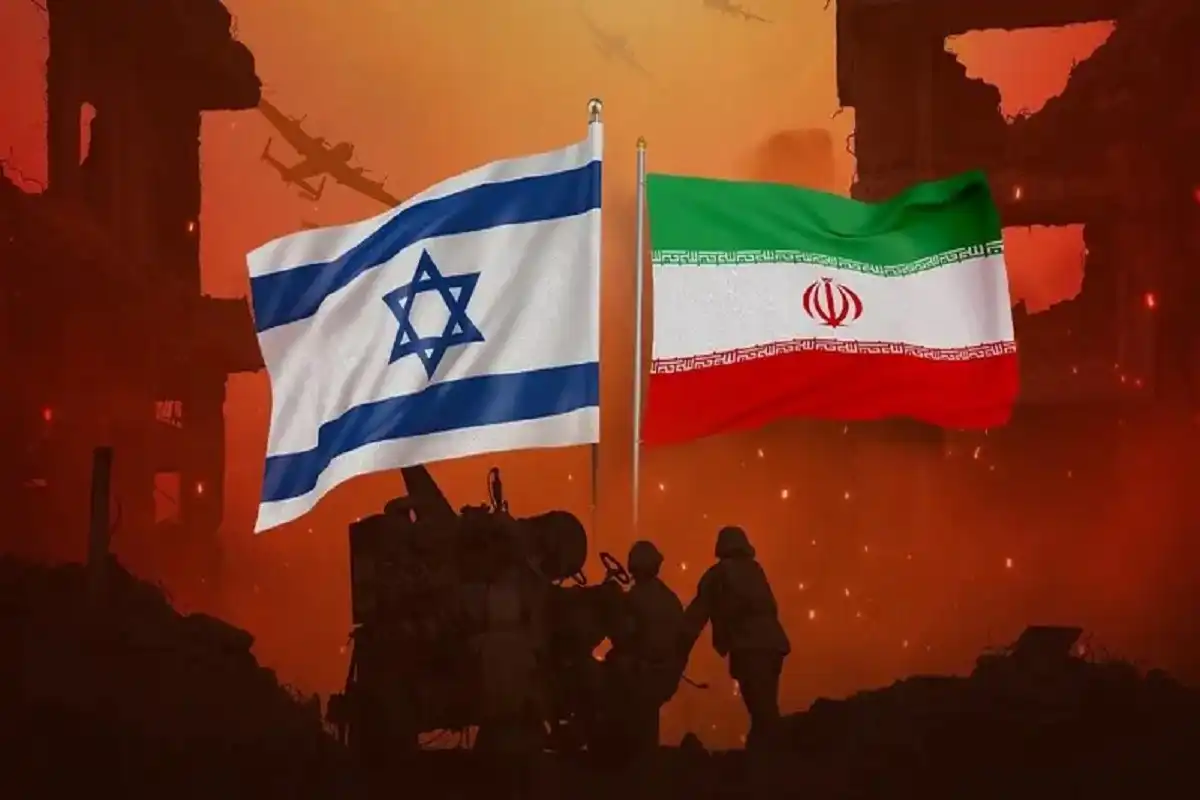Overview of Leadership Styles
One critical area where Vladimir Putin and Donald Trump diverge is their leadership styles.
Table 1: Leadership Styles
| Aspect | Vladimir Putin | Donald Trump |
|---|---|---|
| Approach to Leadership | Authoritarian, centralized control | Populist, charismatic |
| Decision-Making | Top-down, with absolute authority | Collaborative, with input from advisors |
| Public Image | Cold, strategic, disciplined | Outspoken, unconventional, and often controversial |
| Political Alliances | Focuses on institutional power | Engages in personal diplomacy |
Analysis
- Vladimir Putin‘s leadership is characterized by a strongcentralized authority where decision-making is concentrated within a small circle of trusted advisors. His cold demeanor often leads observers to perceive him as a strategic mastermind who carefully orchestrates Russia’s geopolitical maneuvers.
- In contrast, Trump’s populist approach generated a connection with everyday Americans, employing a more informal style, particularly through the use of social media. His unpredictable nature brought both ardent support and fierce opposition.
Economic Policies
Economic policies offer additional layers for comparison between these two leaders.
Table 2: Economic Policies
| Aspect | Vladimir Putin | Donald Trump |
|---|---|---|
| Economic Ideology | State capitalism, focused on energy resources | Nationalism, protectionism |
| Major Economic Policies | Investment in natural resources, military sector | Tax cuts, deregulation, trade tariffs |
| Economic Relations | Eurasian Economic Union, BRICS | America First, renegotiating trade deals |
| Reaction to Global Crises | Strong state intervention in economy | Stimulus packages, direct support to citizens |
Analysis
- Under Vladimir Putin, the Russian economy has heavily depended on energy resources, with significant state investment in natural gas and oil. The authorities maintain strict control, using resources as leverage in foreign policy.
- Trump, on the other hand, prioritized tax cuts and deregulation to promote domestic business and job creation. His “America First” doctrine aimed to shift U.S. trade negotiations to benefit American interests, often leading to increasing tariffs on imports.
Foreign Relations
Foreign policy is another significant area where both leaders’ actions can be profoundly contrasted.
Table 3: Foreign Relations
| Aspect | Vladimir Putin | Donald Trump |
|---|---|---|
| Major Foreign Policies | Expansion of influence in post-Soviet states | Withdrawal from international agreements |
| Military Actions | Crimea annexation, support for Syria | Withdrawal from NATO discussions, Isis defeat |
| Alliances | Close ties with China, Iran, and Syria | Strained traditional alliances (NATO, G7) |
| International Image | Often portrayed as a global adversary | Divisive figure impacting U.S. global standing |
Analysis
- Putin has sought to expand Russian influence in the post-Soviet space and beyond, often using military force to achieve these ends, as seen with the annexation of Crimea. He has cultivated alliances with nations such as China and Iran, promoting a multipolar world alternative to U.S. dominance.
- In contrast, Trump’s foreign policy was marked by a focus on ‘America First,’ which often translated into withdrawing from international agreements like the Paris Climate Accords and the Iran Deal. This approach aimed to shift the balance of power back toward U.S. interests but raised concerns over international stability.
Domestic Issues
Finally, examining domestic policies allows for a clearer understanding of how both leaders approached governance within their countries.
Table 4: Domestic Issues
| Aspect | Vladimir Putin | Donald Trump |
|---|---|---|
| Human Rights Record | Suppression of dissent, censorship | Criticism regarding racial tensions and policing |
| Education Policy | Emphasis on STEM, state control | Focus on school choice and charter schools |
| Immigration Policy | Limited immigration, focus on nationals | Travel bans, strict border control |
| Public Health | Poor response to opposition regarding health services | COVID-19 pandemic management, Operation Warp Speed |
Analysis
- Putin’s governance has been marked by a significant emphasis on stability, often sacrificing democratic principles to maintain control. Dissent against his regime is routinely suppressed, and media freedom is heavily curtailed.
- Meanwhile, Trump’s domestic policies often oscillated between promoting strict immigration controls and an agenda to revitalize the economy through tax reform. The handling of the COVID-19 pandemic was also a defining moment in Trump’s presidency, with significant scrutiny over the federal response to the crisis.
Conclusion
Vladimir Putin and Donald Trump are emblematic of contrasting political styles, economic ideologies, and approaches to governance.
While Vladimir Putin maintains a strong authoritarian grip on Russia with a focus on state resources, Trump’s presidency was characterized by populism and a commitment to isolating America from global responsibilities.
Both leaders have left indelible marks on their nations and the world stage, provoking divided opinions and shaping discourse regarding governance, democracy, and international relations.
Final Thoughts
The comparison between Vladimir Putin and Trump highlights differing paradigms in global leadership—the interplay between authoritarianism and populism, state control versus individual freedoms, and national interests contrasting with international cooperation.
As political landscapes continue to evolve, the legacies of these two figures will be pivotal in examining how nations navigate the complexities of modern governance.
see also: A Comparative Analysis of Military Power: Iran and Israel




